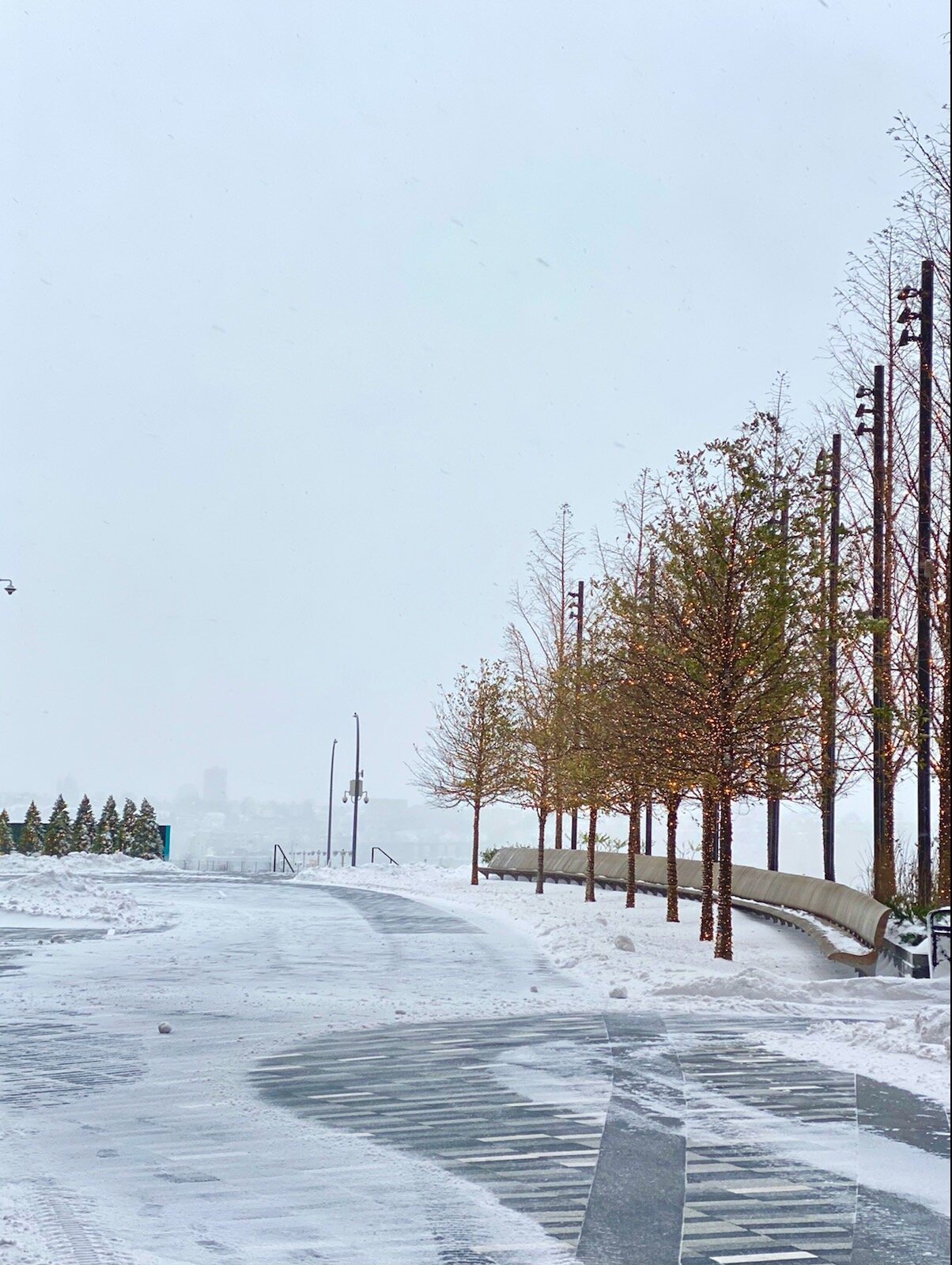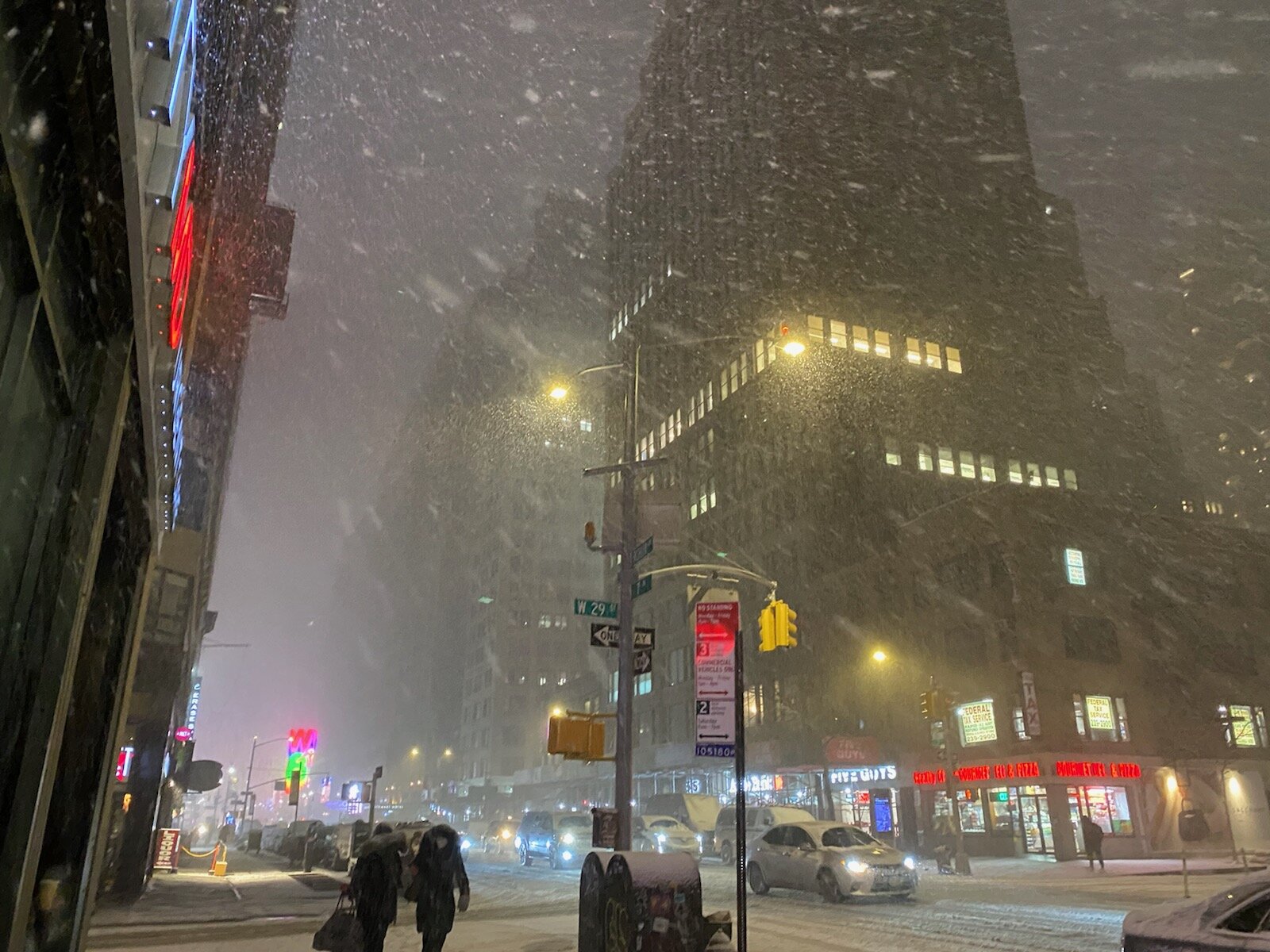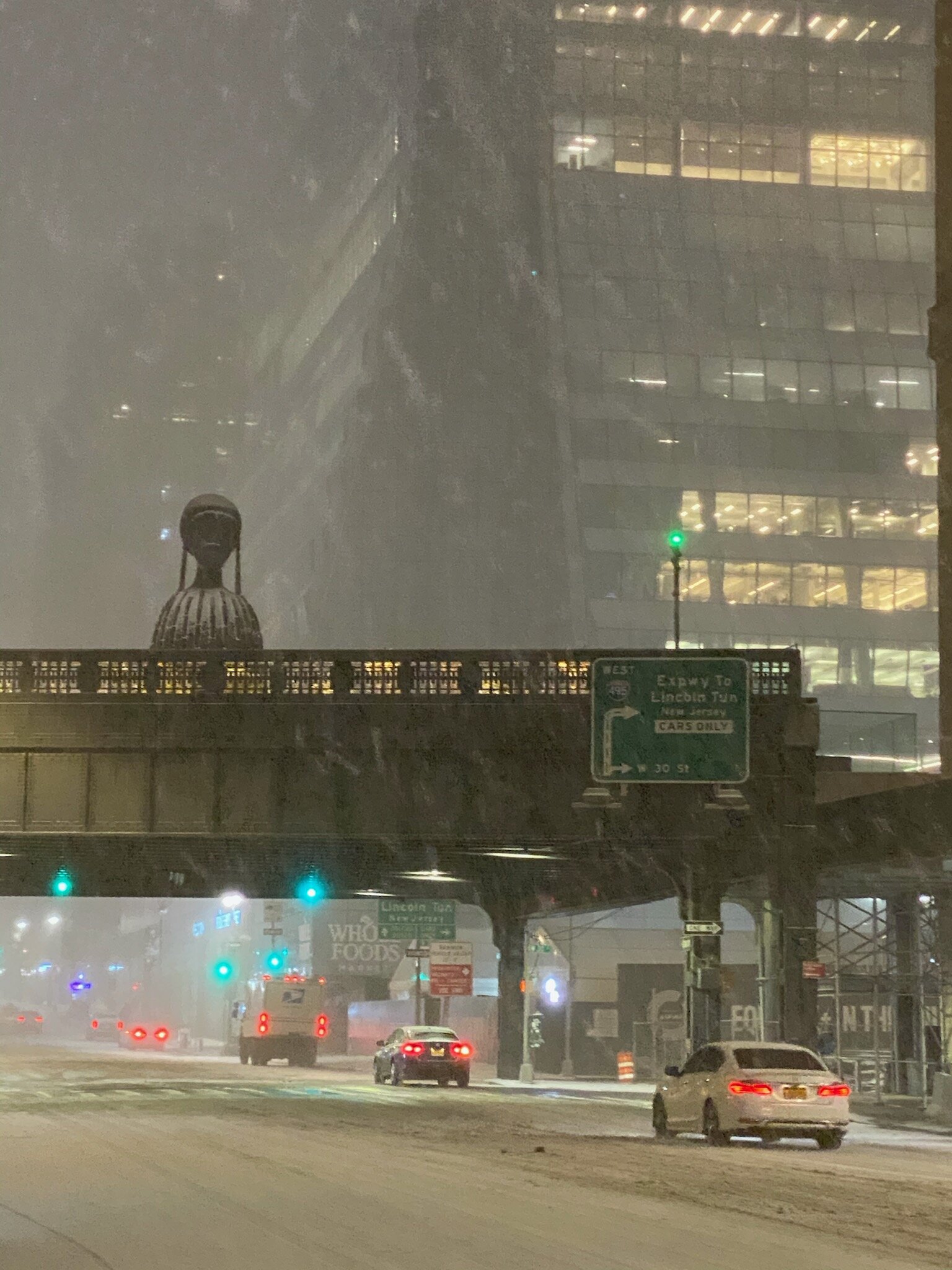On Wednesday, January 20, 2021, his first day in office, President Biden signed a “Proclamation on Ending Discriminatory Bans on Entry to The United States” to revoke what has been commonly referred to as the Muslim travel ban, which restricted entry into the United States from primarily Muslim and African countries. Former President Trump had faced numerous legal challenges in enacting his Muslim travel ban but the third version of the ban was upheld by the Supreme court in June 2018.
Read moreBeginning in January 2021, US Citizenship & Immigration Services (USCIS) will replace the sticker that is currently issued to lawful permanent residents (LPRs) to extend the validity of their Form I-551, Permanent Resident Card (PRC, and also called a “Green Card”), with a revised Form I-797, Notice of Action for Form I-90, Application to Replace Permanent Resident Card. USCIS states that the revised I-797 receipt notice, along with an applicant’s Green Card, will serve as temporary evidence of lawful permanent resident status for twelve months from the expiration date on front of the Green Card. USCIS notes:
Read moreThe Centers for Disease Control and Prevention (CDC) issued an order last week, effective January 26, 2021, requiring proof of a negative COVID-19 test or documentation of having recovered from COVID-19 for all international air passengers arriving from a foreign country to the US. Under this order, nearly all travelers aged two or older including US citizens must show a negative viral test within three days of departure or documentation of recovery from COVID-19. The CDC will consider waivers of testing requirements for passengers coming from countries with little or no testing capacity, including certain places in the Caribbean.
Read moreUS Citizenship & Immigration Services (USCIS) announced the publication of a final rule this week that will “modify the H-1B cap selection process, amend current lottery procedures, and prioritize wages to protect the economic interests of U.S. workers and better ensure the most highly skilled foreign workers benefit from the temporary employment program.” This final rule will end the H-1B visa lottery and instead allow USCIS to adjudicate H-1B petitions based on registrations starting with the highest salary level and going down, as Stuart Anderson explains in Forbes.
Read more







